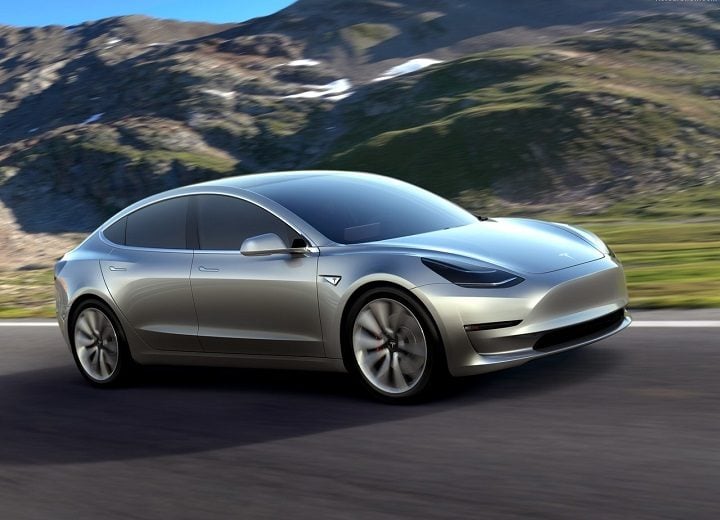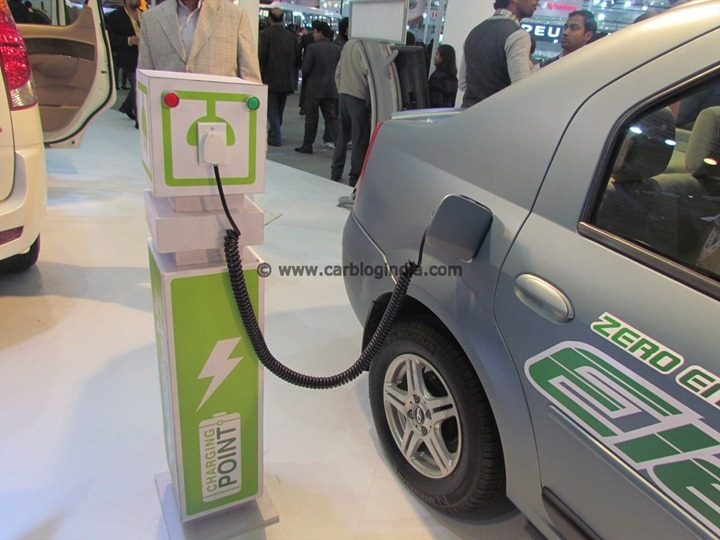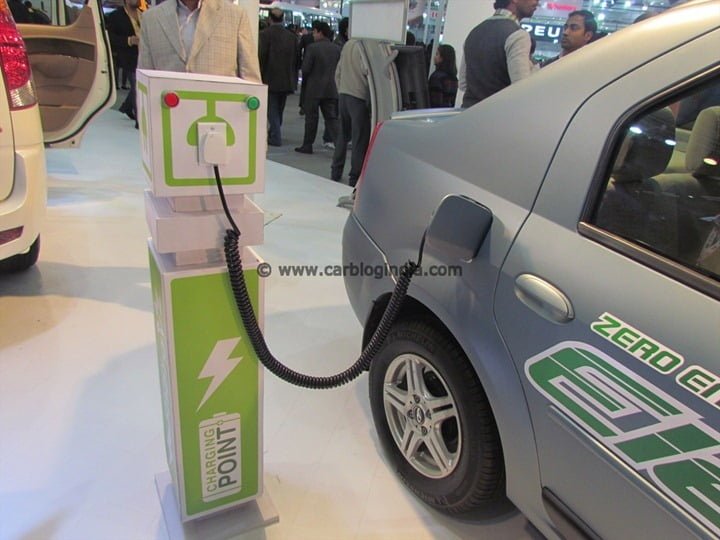During the latest SIAM annual convention, Union minister of Road Transport and Highways-Nitin Gadkari spoke of bulldozing all car companies to sell only electric cars in India. He said “We should move towards alternative fuel… I am going to do this, whether you like it or not. And I am not going to ask you. I will bulldoze it. For pollution, for imports, my ideas are crystal clear… The government has a crystal-clear policy to reduce imports and curb pollution.” He urged all car manufacturers to start building electric cars for the Indian market. “I urge you (carmakers) politely to do research. First, when I urged you for electric vehicles, you said the battery is costly. I coaxed you to start at least. Now, the batteries cost 40 per cent less. And if you start now, the cost will be reduced further in mass production. Teething trouble is everywhere,” he explained. These statements were made keeping in mind the government’s policy of having only electric cars in India by 2030.

ALSO SEE- Tesla India Launch Details
The minister with his statements is clear that the government is aggressively pushing towards electrifying all new cars by 2030. Also, it is ready to do all that it takes to have this revolution in the Indian Automobile industry. He also mentioned that the department is in the process of a cabinet note where they are going to plan charging stations for these electric cars. The elementary problem that these electronic cars face is the lack of charging infrastructure. There are a few charging stations in India but most of them are in the Southern territory. If the government is able to surpass all the legal formalities to setup charging station pan-India, then the scenario of these cars might improve a bit. It still doesn’t really mean that we can easily have only electric cars in India by 2030. So, without further ado, we will discuss the entire scenario-
Electric Cars in India – A Segment That’s Almost Barren!
The current scenario for electric cars in India is quite barren. In a market which accounts for 25 lakh annual car sales, only 5000 electric cars are on our roads altogether. One of the reasons for such a number is lack of options for the final consumer. With only a few options available from select automakers, the consumers end up buying traditional fuel vehicles. A lot of automakers in India will launch their India-specific electric cars next year. The commercial vehicle (CV) space has been a little more welcoming with the e-Starbus offering from Tata, Ashok Leyland has the circuit series of electric buses, while Mahindra who retails a bunch of electric cars, also has eSupro passenger/cargo van and the newly launched e-Alfa mini rickshaw.

Overall the condition of the Electric Cars in India is dubious and if the government is able to install a lot of charging stations pan-India then the condition might improve a bit.
Safe to Expect the Launch of More New Electric Cars in India?
A few manufacturers have started working on the future of the electric cars and have come up with some rigid plans. Volvo Ab wants all its new cars to run on electricity from 2019, Tata owned Jaguar Land Rover Plc will only make electric and hybrid cars from 2020. Volkswagen AG, the world’s largest car manufacturer, recently said that it is working on a new technology driven electric car battery that will be able to run for up to 1000kms. Every fourth car VW sells, will be an electric car, they added. After the 2015 emissions scandal, Volkswagen is trying to improve its image by becoming a market leader in Green Tech. In India, Mahindra and Mahindra Ltd is working really hard to make electric cars a piece of reality, by manufacturing cars, commercial vehicles and even rickshaws.
Next year, many electric cars are expected to launch in India but the biggest problem that they’ll face is the lack of charging infrastructure. With the cost of manufacturing electric car batteries decreasing rapidly, it is expected that the cost of overall development of electric cars will decrease significantly.
Only Electric Cars in India by 2030 – What should be done to make it a reality?
On the government’s part, there are two things that must be done to switch to entirely electric cars in India by 2030. The Government of India should provide subsidies to automakers to help them research and manufacture electric cars in India. This will encourage the automakers to spend more on R&D of electric cars batteries and new technologies. The second step that the government must do is to install a network of safe and efficient charging stations all across the nation to make it easier for the consumers to commute longer distances on their electric vehicles. The government can achieve this by partnering with leading automakers like Tesla and Nissan-Mitsubishi alliance, to install a network of charging stations pan-India.
Society of Indian Automobile Manufacturers (SIAM) is the apex Industry body representing leading vehicle and vehicular manufacturers in India. SIAM acts as a communication channel between the automakers and the government. The society works closely with its stakeholders and actively participates in the formulation of rules, regulations and policies related to the Automobile Industry. SiAM hosts a lot of interactive and display events during the year and one of them is their annual convention in which new rules and regulations are formulated after a course of interaction among the leading automakers from Indian and global automakers.
Role of SIAM
The statement that our Honourable Minister of Road Transport and Highways-Mr Nitin Gadkari made was during SIAM’s annual convention. Society of Indian Automobile Manufacturers (SIAM) is the apex Industry body representing leading vehicle and vehicular manufacturers in India. SIAM acts as a communication channel between the automakers and the government. The society works closely with its stakeholders and actively participates in the formulation of rules, regulations and policies related to the Automobile Industry. This society hosts a lot of interactive and display events during the year. One of them is their annual convention in which new rules and regulations are formulated after a course of interaction among the leading automakers.
SIAM can play an important role in an easier switch to electric cars in India by 2030. It can hold discussion panels and events discussing the problems that the automakers are facing while manufacturing electric cars. SIAM can also urge the government to take the required steps in order to make electric cars a practical alternative. So, what do you guys think about Mr Nitin Gadkari’s statement? What do you think, can we switch entire to electric cars in India by 2030? Let us know in the comments section below about your opinion for the future of electric cars in India. For more stories on the switch to Electric cars in India by 2030, stay tuned to CarblogIndia.com.


